n the last century, computer and information technology have seen exponential improvements.
Wed May 26 Written by: Tyler Bishop
You can put this on my gravestone…
“The value of solving a problem is only surpassed by the value of perpetuating it”
In nearly every movie, novel, and a story set in a dystopian future, technology sits at the center of the conflict. We see a world torn apart by advanced A.I. or society lulled to sleep and ripped apart by the allure of innovation.
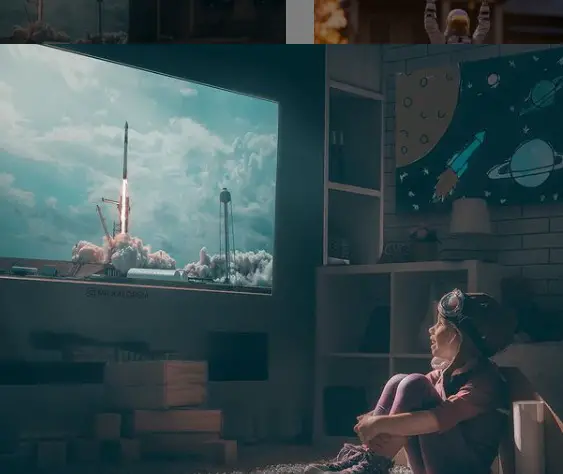
(A special shout out to Earshan Misra for the artwork in this article)
In the last century, computer and information technology have seen exponential improvements. As a species, we’ve advanced considerably from these inventions. Yet, we sit firmly in a world now where we think of technology — and the providers of our technology (Big Tech) — far differently than we did 20 years ago.
Why?
Are the driving motivations and intentions behind consumer technology now really that much different than they were when we were children?
If you’re not familiar with game theory, it’s the philosophical hypothesis for understanding the motivations within a system. The framework that game theory rests upon is a simple concept.
All parties within a system behave according to their incentives
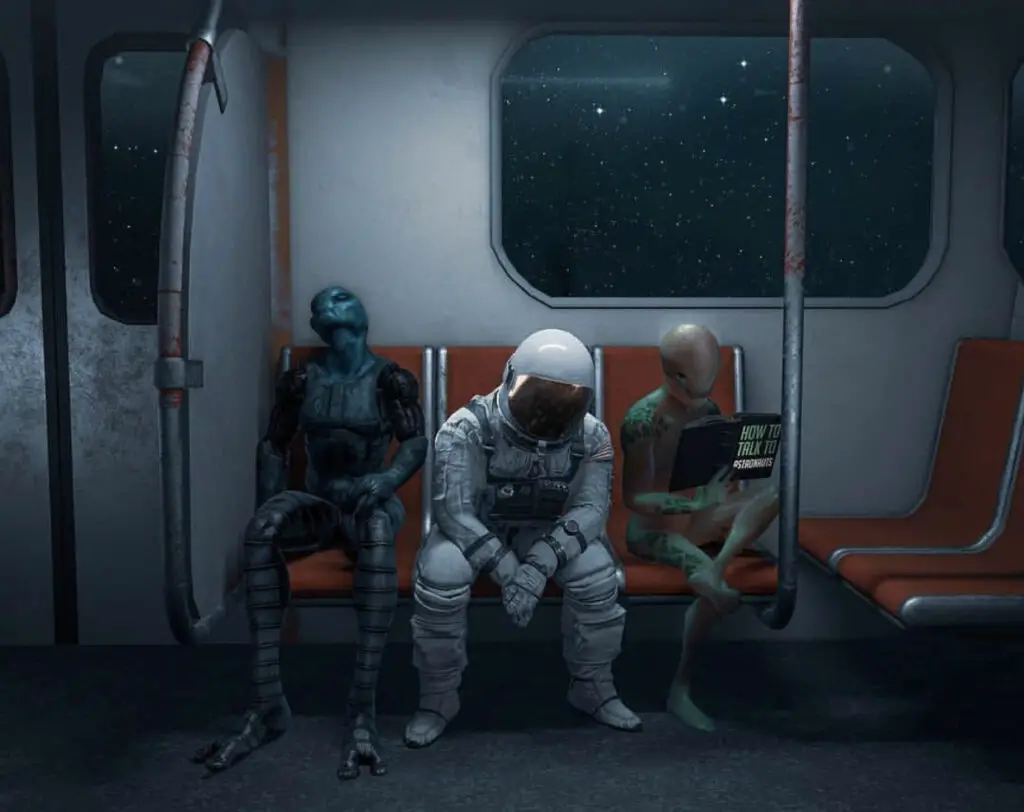
In the case of technology, the dilapidation of future societies is often imagined as tech-run-a-muck. In this broad general critique of dystopian storytelling, I’m supposing that these familiar narratives emerge from a deep sense that technology is moving us away from nature.
Assuming this analysis is true, humans would see beauty in aligning ourselves to our biological identities, the one that nature intended for us. One that doesn’t require machines to think for us.
But, while that may be where our romantic ideas of a battle between innovation and nature stem from, I’d argue this sentiment isn’t based on objective reality.
There is an inherent lust for information technology many of us share while simultaneously holding romantic ideas of a world untouched by modern amenities.
Herein lies the conflict.
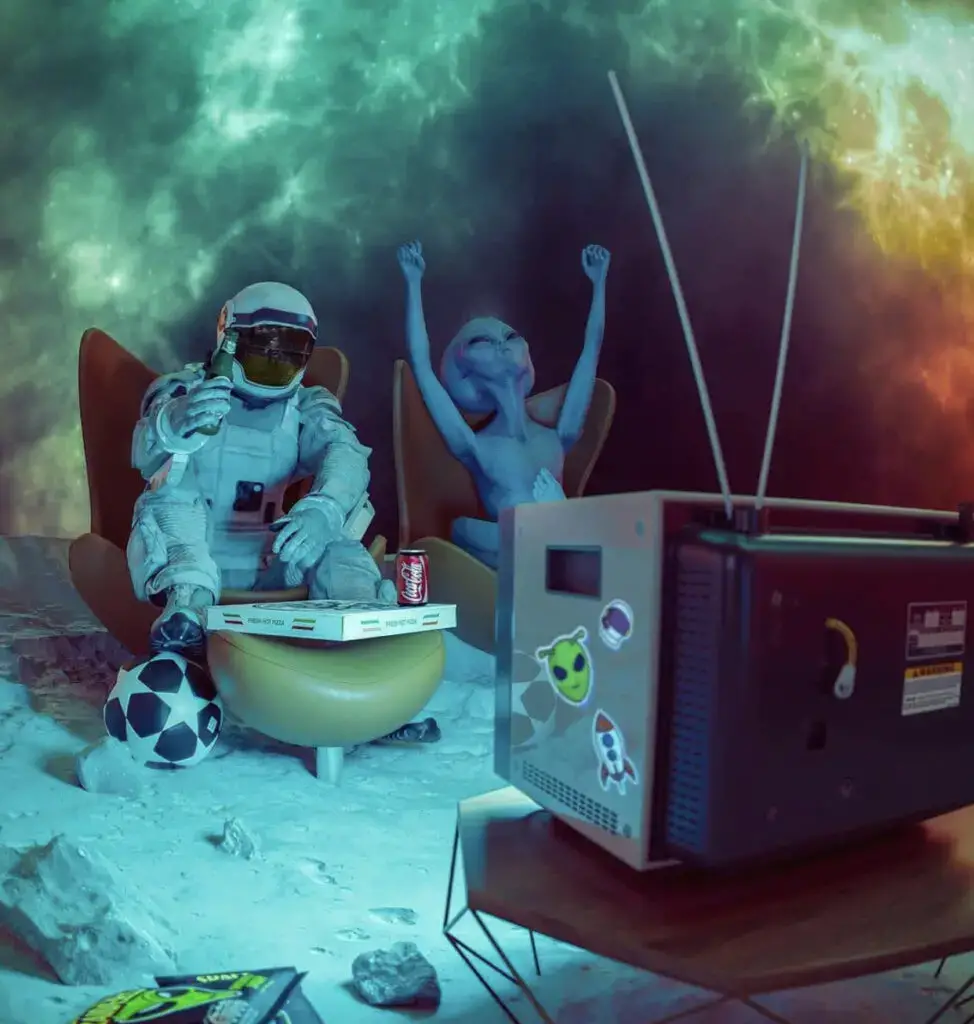
We imagine that the solution to our problems is also potentially the root of all evil. But, like the Incredible Hulk, we imagine the balance between our intellectual discipline and wild desires can be contained.
Bringing this into the world we live in now, we’ve been awakened to the psychological dangers of internet technologies, like social media. Yet, we gladly accelerate forward assuming risks in exchange for benefits and rewards provided.
We imagine a benefit for ourselves far greater than the detriment.
Much in the same manner as prohibition in the U.S. during the early part of the 20th century, many among us assume that while we may personally be able to handle the dangers of alcohol or social media, we have far less faith and confidence in others.
It makes sense that when we imagine a future ripped apart by technology that we can easily make the leap that monolithic corporations and the general public didn’t have the discipline to ignore the warning signs.
We are witnessing it now.
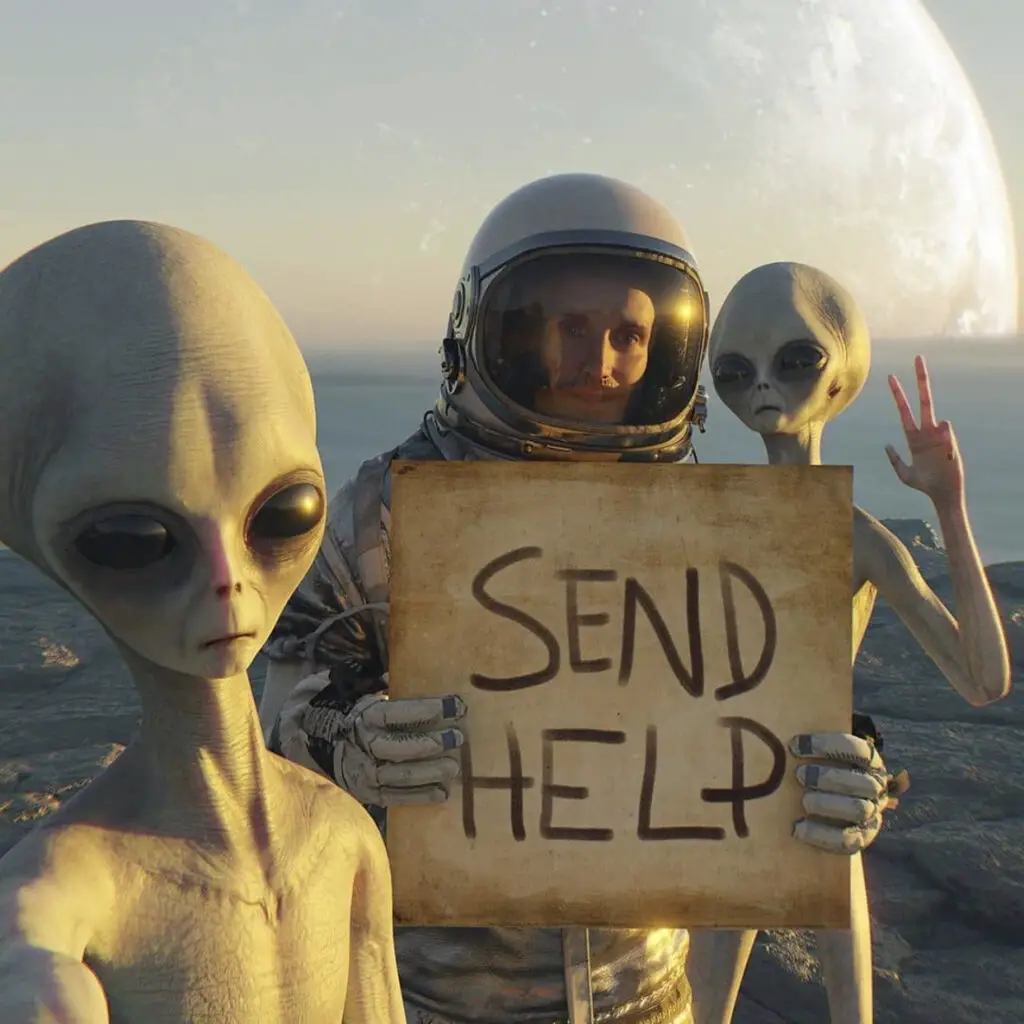
Apple, Google, and Facebook are fighting a war between themselves now behind the scenes to determine the protocols for internet data privacy. And while world governments have attempted to enter into these battles to protect their citizens, they’ve been used as nothing more than pawns by the other parties in the game.
Meanwhile, the populous in the distant future we imagine as falling asleep at the wheel in dystopian novels is doing that right now.
The dystopia we assume will come in the future is at our doorstep — if not in our house with its feet up — it just doesn’t look like the dramatization we imagined.
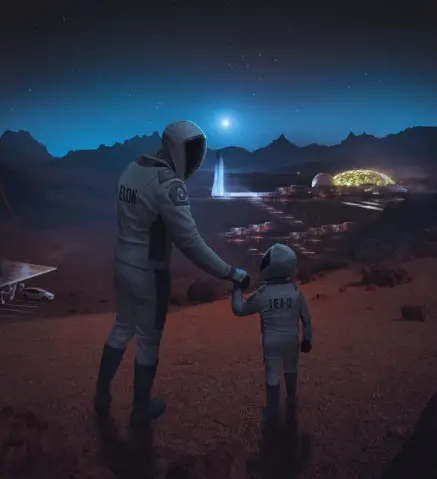
Is it fair to suggest we’ve allowed a broad overreach of personal privacy and freedom by allowing the Netflixs’ of the world into our homes, exchanging a few dollars for an ad-free experience while advertisers simply embed the advertising in the content we consume?
We don’t have to wonder if it’s a reasonable assumption.
It has happened … and few of us can claim to have been paying close attention.
We all have some clear personal responsibility here that cannot be pinned on the general population.
That said, could we argue that the quality, access, and availability of content like this is anything but exponentially greater than it was long before Netflix, or YouTube, or Disney+?
It would be a hard case to make.
Once again, the balance between utopia and dystopia we like to think we’ve straddled for now is under control. The benefit and the cost seem to be equal. While the future may look bleak, we’ve kicked the can down the road, right?
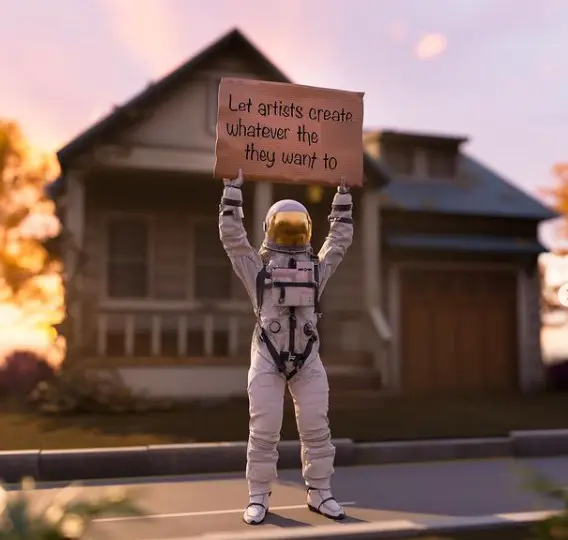
We think of the web and internet technology as the democratization of this information, there is certainly enough evidence recently that this promise is quite being fulfilled.
Despite these concerns, we can see examples of the unilateral removal of Parlor and 8chan and collectively look the other way because these parties certainly seem like worthy sacrifices. In fact, who would even want to defend them? If you make us pick between Parlor and Amazon, the winner is clear.
Yes. This seems like a worthy sacrifice. This goes for everything from free email to the greatest and most available maps the world has ever known. While our individual privacy may be voided, we see the value of no-cost messaging or error-free travel to be well worth the MSRP of our own names, emails, and IP addresses. What about your neighbor’s?
Every party in a system behaves according to its incentives.
As our existential crisis with dystopian technology persists, the party we can look squarely at as our biggest risk is not the general public who has acted in their own blind self-interest, nor is it the largest and most profitable enterprises in the world enacting their devilish plots for control of the civilized world.
It was us the whole time.
Sort of.
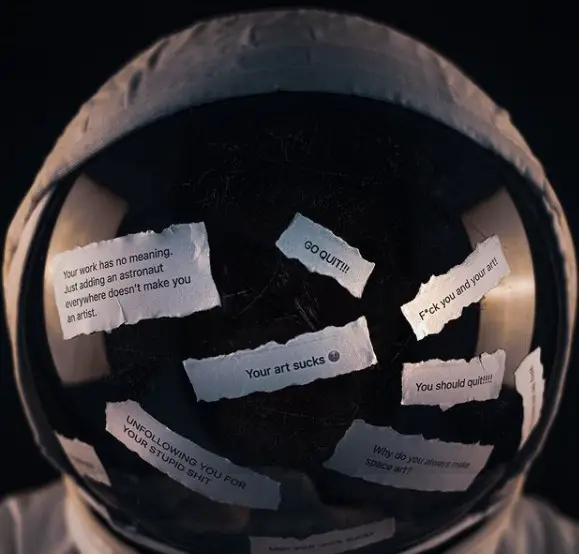
We have tolerated the downsides of consolidated technological control and the development of closed ecosystems.
“I” use these information roadways responsibly.
“I” disconnect myself from the personal responsibility of reinforcing and strengthening the underbelly of technological innovation.
We all have some culpability in the way that social media, digital content, and the large platforms have shaped and even harmed our society.
We found a fair trade in the benefits vs. the drawbacks and expected others to solve the equation differently.
Meanwhile, those providing the technology have only provided what was asked for a cost we were willing to pay for it.
We built our businesses and relationships here.
You and I have been living in a tax-free digital world expecting that someone else would come along and foot the bill so that our future wouldn’t be cannibalized by these decisions.
We expected that properties we had established on these platforms were owned by us, only to learn we were leasing the land as the meter was running.
What’s more, in our inaction we’ve falsely reasoned that our governments and regulatory bodies would keep our gravy train of free technology coming by stepping in to keep them from collecting.
It’s the equivilant of racking up a huge personal debt and assuming that the local authorities would protect us from bill collectors. Quite the opposite.

Whether it be prohibition or social media, it is our collective inclination toward personal responsibility that can help us navigate away from our dystopian fears, not the regulation of our peers.
While distillers, search engines, and online forums seem like worthy villains, they end up being interchangeable characters. We didn’t need them to create our dystopian story; as we were the protagonist the whole time. Luckily, it’s not too late for us to play the hero and change the story entirely.